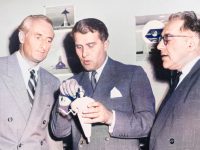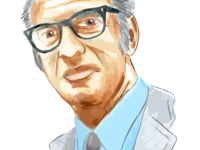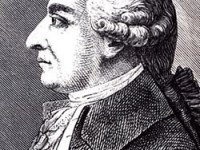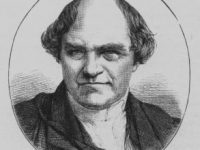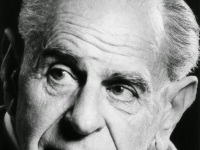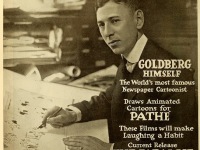Cardinal Richelieu and the Académie Francaise
On February 22, 1635, on the urging of Cardinal Richelieu, the chief minister of France, King Louis XIII of France, formally established the Académie française, the French academy. It is the pre-eminent French council for matters pertaining to the French language. The Académie consists of forty members, known informally as “les immortels” (the immortals). The body has the task of acting as an official authority on the language; it is charged with publishing…
Read more


